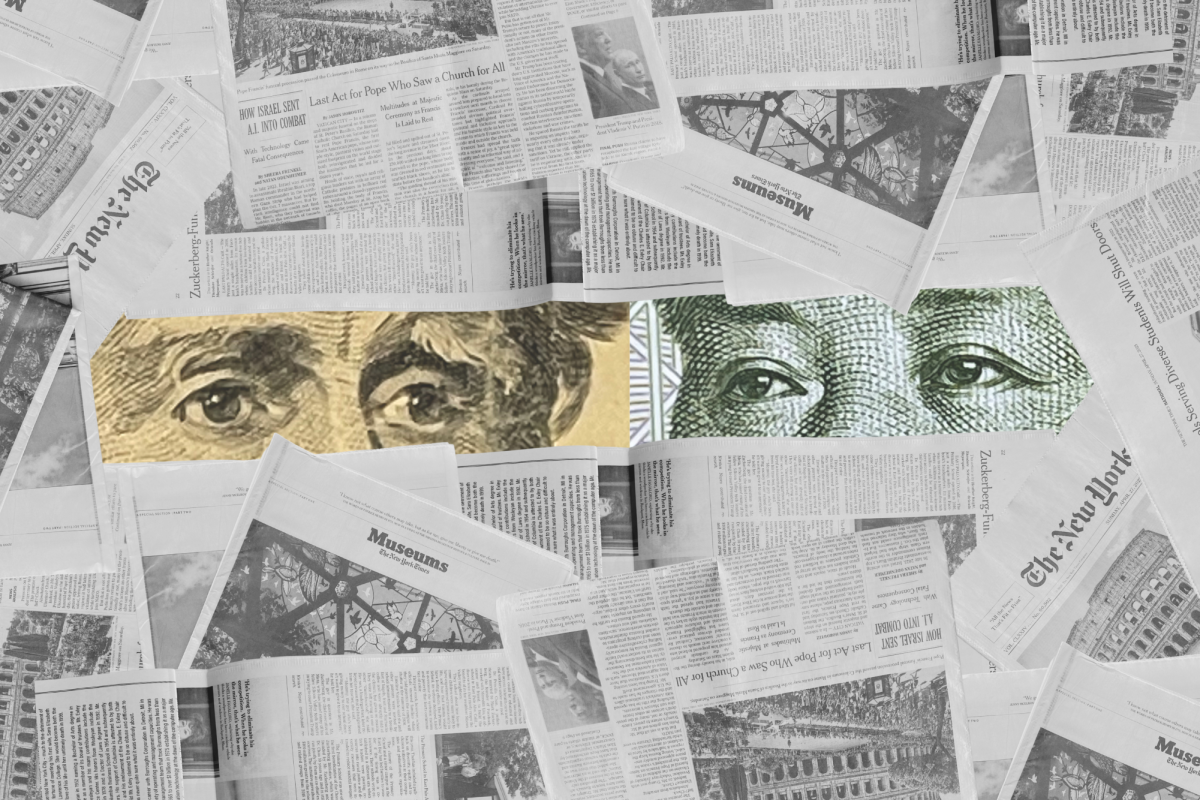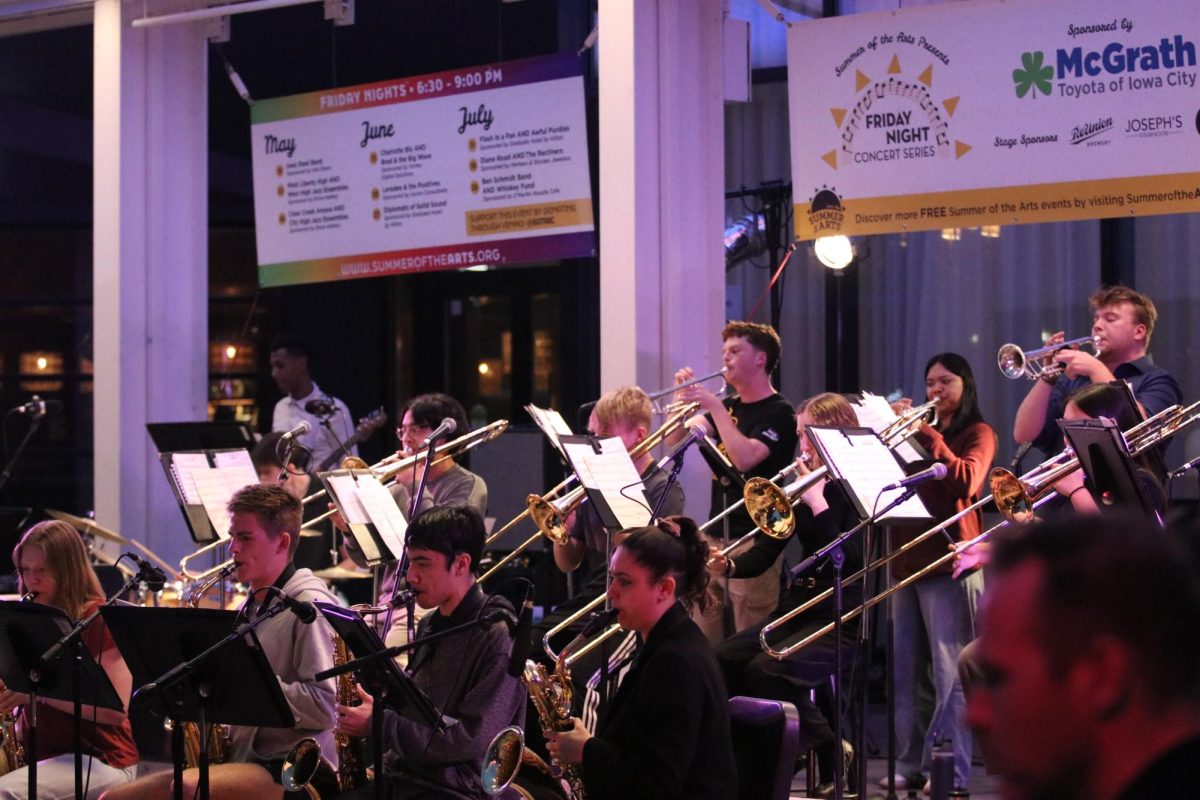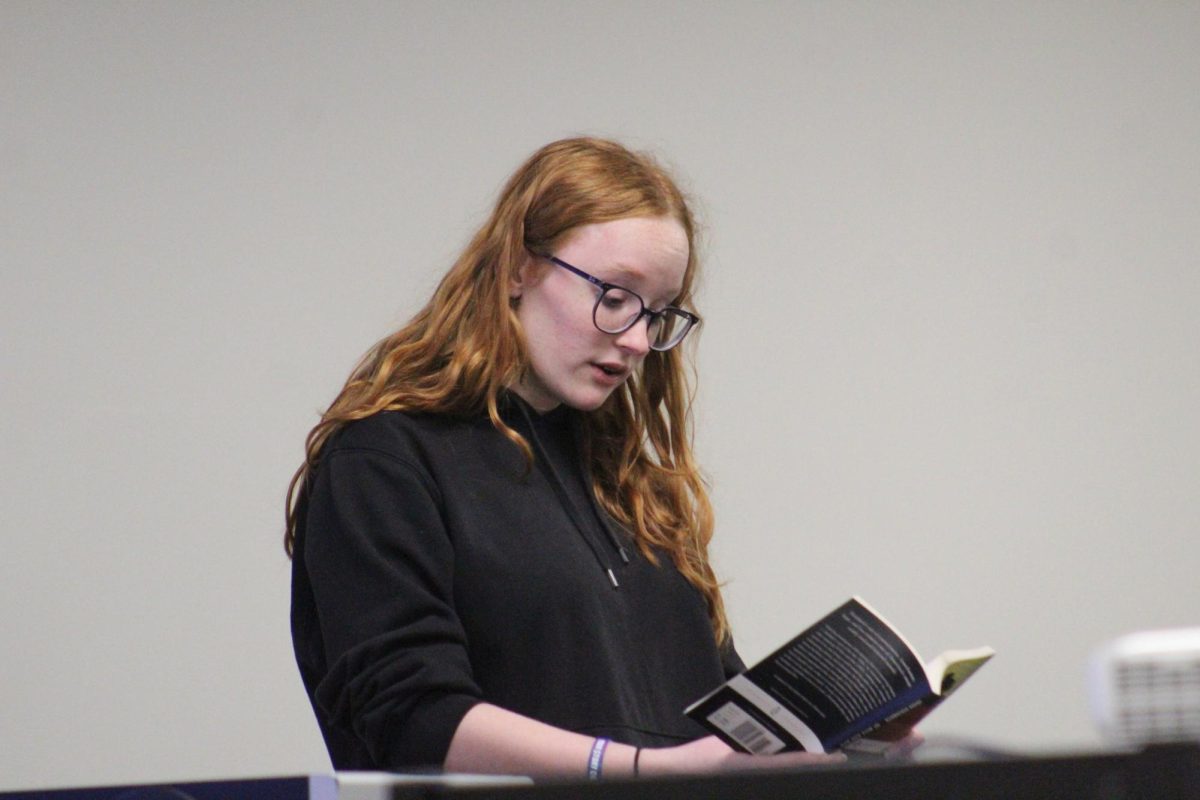Thurgood Marshall was born in 1908 to a railroad porter and an elementary school teacher living in Baltimore, Maryland. Marshall’s father instilled in him a passion for defending the U.S. Constitution and the rule of law, and Marshall put that passion to use for the rest of his life.
After graduating from Lincoln University in a class that included poet Langston Hughes and musician Cab Calloway, Marshall sought admission to the University of Maryland Law School but was rejected because of his race. In 1933, Marshall graduated from Howard University Law School at the top of his class. The following year, he successfully defeated the University of Maryland’s race-based admissions policy in court.
As a student at Howard, Marshall imbibed the enthusiastic influence of the law school’s dean, Charles Hamilton Houston. Houston emphasized the applicability of constitutional protections to all Americans and was especially eager to see Plessy v. Ferguson, a 1896 Supreme Court decision that confirmed the validity of “separate but equal” doctrine in public accommodations, overturned. As Marshall rose through the ranks of the NAACP’s legal team, he reached an opportunity to further that ambitious goal.
By his early 30s, Marshall was winning landmark civil rights cases as Chief Counsel of the NAACP’s Legal Defense and Education Fund. His most famous victory came in 1954 with the U.S. Supreme Court case Brown v. Board of Education of Topeka. In Brown, the Court invalidated racial segregation in public school systems and overturned Plessy. The decision bolstered a burgeoning legal and political civil rights movement.
In 1961, President John F. Kennedy nominated Marshall to fill a newly created seat on the U.S. Court of Appeals for the Second Circuit. In his four years on that court, Marshall issued 98 majority decisions, zero of which were overturned by the Supreme Court.
In 1965, Marshall was appointed U.S. Solicitor General, the principal representative of the federal government in the Supreme Court. By the time Marshall joined the high court himself, he had argued 32 cases before it and won in 29.
Justice Thurgood Marshall was the Supreme Court’s first black member, but his legacy reaches far beyond that honor. His incredible contributions to American law and his dedication to civil rights continue to serve as an example to budding advocates and scholars in the U.S. legal system.
























